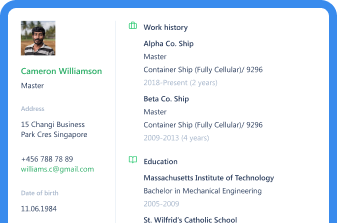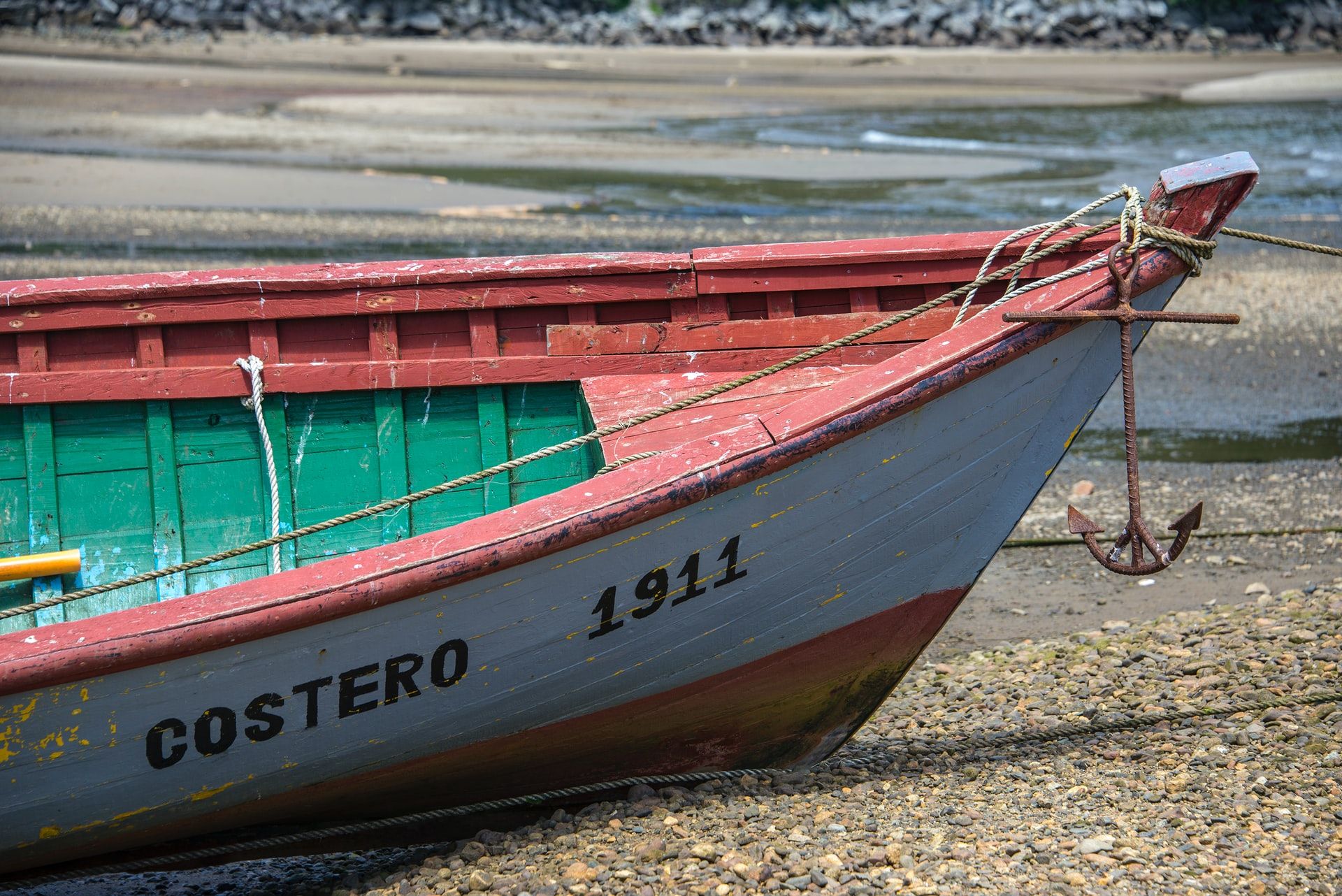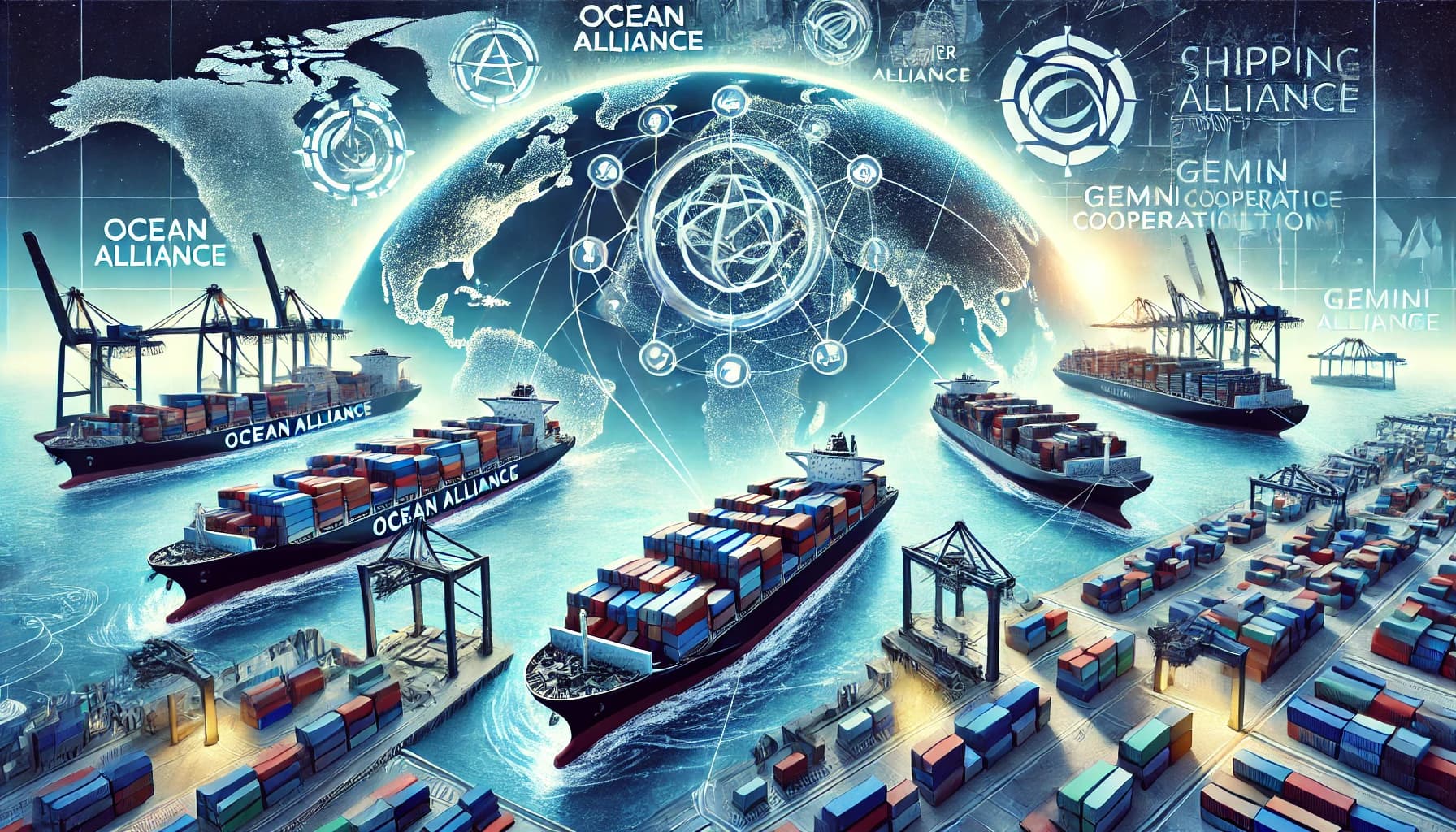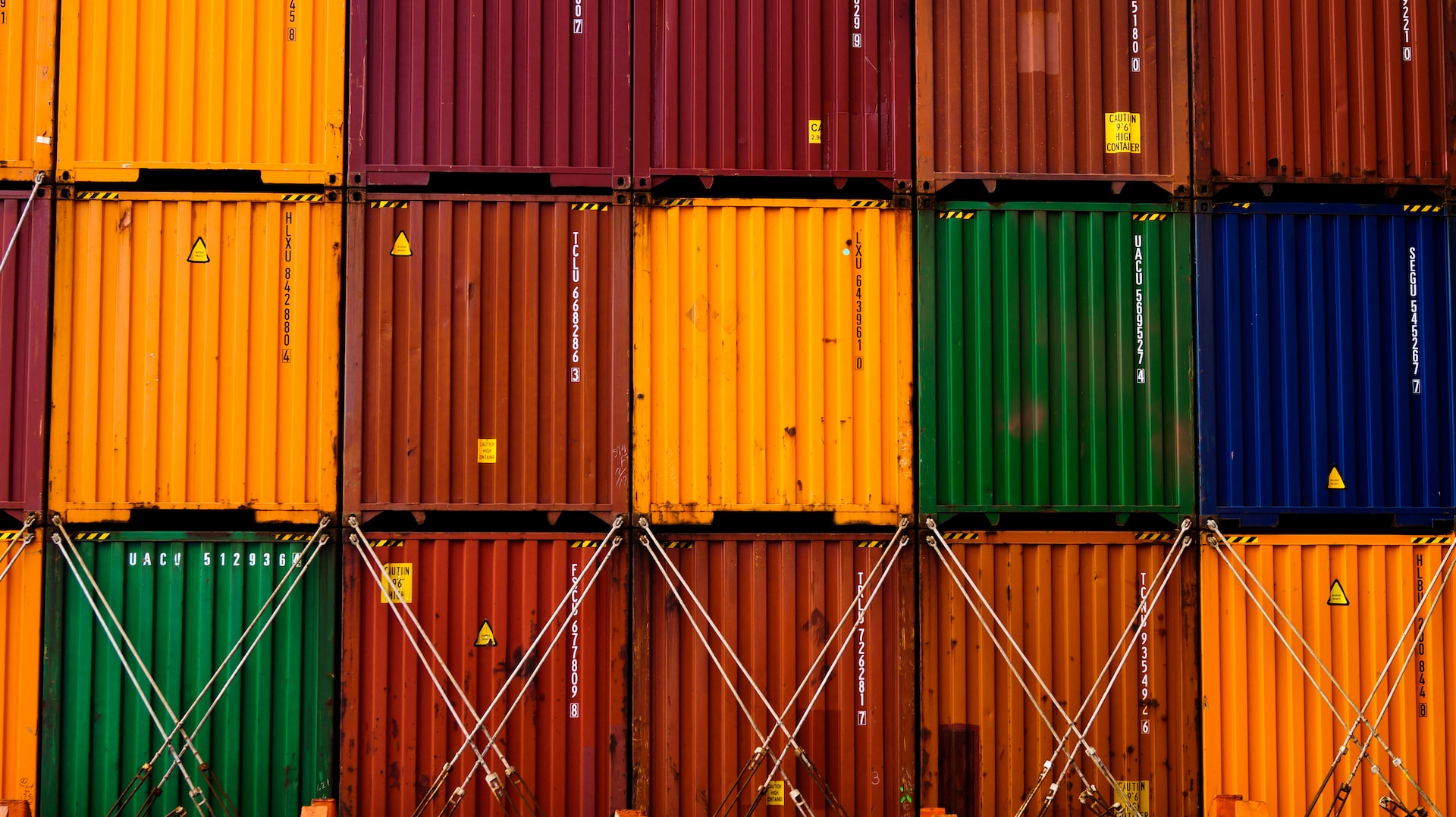Our names are closely linked to our identities. Sometimes we change our names to something that we feel more closely represents our true self, but have you ever wondered how ships get their names? Who gives them a name, and what is it based upon? In this blog post we’re going to take a look
Virtually every vessel is named, whether it’s a merchant navy cargo or container ship, a small yacht used by a family for sailing on their local lake, a canal boat, a military vessel, or a rowboat.
In the case of ships belonging to the merchant marines, cruise ships or military watercraft, the name will usually be bestowed upon the vessel in a naming ceremony before the boat is then launched into the water.
So what makes this ceremony so special? After all, you probably wouldn’t go to great lengths to announce the name of your new car on land. That’s even if you gave your car a name in the first place!
The history of how ships are named
The tradition of naming vessels in an elaborate ceremony dates back thousands of years. And whilst all other decisions with regards to the building of a ship are based very firmly on science and logic, the decision on how to name a vessel was, and still can be, a lot more emotional, involving superstition, custom, tradition, beliefs and tributes.
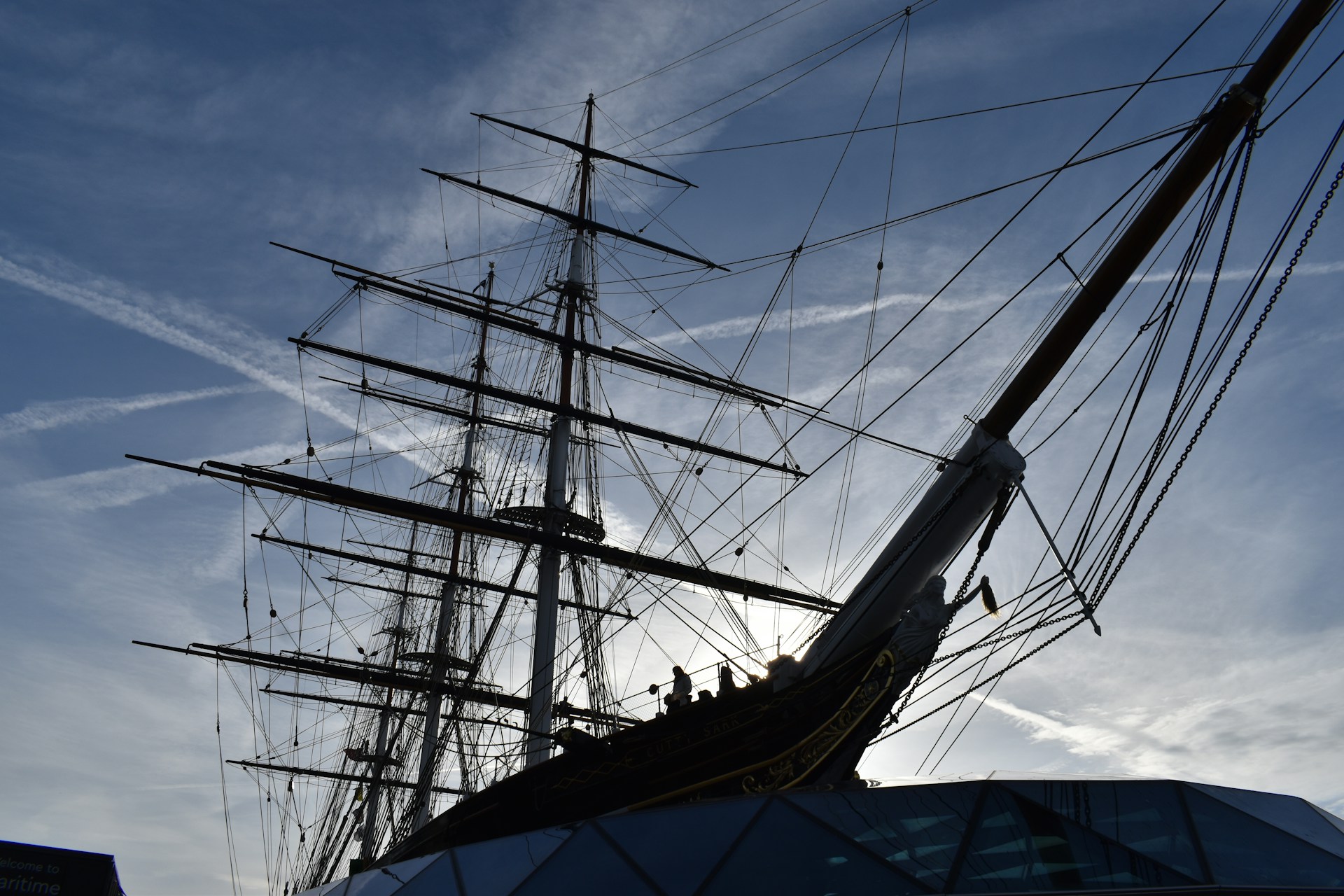
Read more: Why Do Ships Use Port and Starboard?
It may not look like it when you looks at today’s era of autonomous ships, high tech navigational instruments and Artificial Intelligence, but the nautical world is one that is steeped in tradition and the name given to a ship has always played a big part in bringing safety and good fortune and safety to the vessel as well as her crew and passengers.
Ships have been named almost as long as ships have existed. In fact there is evidence that mariners in Babylonia (modern day Iraq and parts of Syria) performed ship naming and launching ceremonies as far back as the 3rd millennium BC.
The ancient mariners of Greece, Egypt and Rome also held naming rites when launching their new vessels as a way of asking their gods to protect their ships and crew before their maiden voyage.
What is involved in a ship naming ceremony?
While the procedures surrounding ship naming may have changed over the course of history - for example, we no longer use the Viking practice of spilling blood at a launching ceremony! - there is still a fair bit of pomp involved.
These days ships are named during the ship launching ceremony and the name of the vessel is officially revealed to the audience of invitees.
The launch is regarded as a celebration with showers of confetti and flags, streamers, balloons and bunting used to decorate the vessel - and of course, let’s not forget the iconic smashing of the bottle of champagne against the bow.

Did you also know that ships have a godmother too? An individual is chosen to be the ship’s official godmother and to wish her good luck and a safe launch and voyage. The godmother is also responsible for the smashing of the bottle (and the wasting of the champagne!)
How are ship’s names chosen?
If a ship is a civilian vessel the choice of name is down to the owner. However, protocol is usually followed for selecting a name for a new military vessel and this will differ from country to country.
In the ‘olden days’ most civilian ships were named after goddesses and other mythical figures and this evolved into owners then naming their boats or ships after females who were important to them - such as their mothers, wives or daughters. To this day you will see numerous small watercraft such as family boats named things like Peggy Sue or Sarah Jane.
Are ships always named after women?
Oftentimes you will hear of ships being referred to as ‘she’ or ‘her’ and while ships are usually female, they’re not exclusively so. Traditionally ships were referred to using the feminine pronoun though this habit is in decline.
There are a few different theories as to why ships are generally considered to be female. The tradition of naming boats after goddesses played into this with the female being seen as a nurturing figure who would keep her crew and passengers safe on a voyage. Of course this is something still practiced today with modern ships still being named after queens and princesses.
Of course, the tradition of vessels being named after females is no longer mandatory with plenty of ships being named after cities, flowers, animals and other entities.
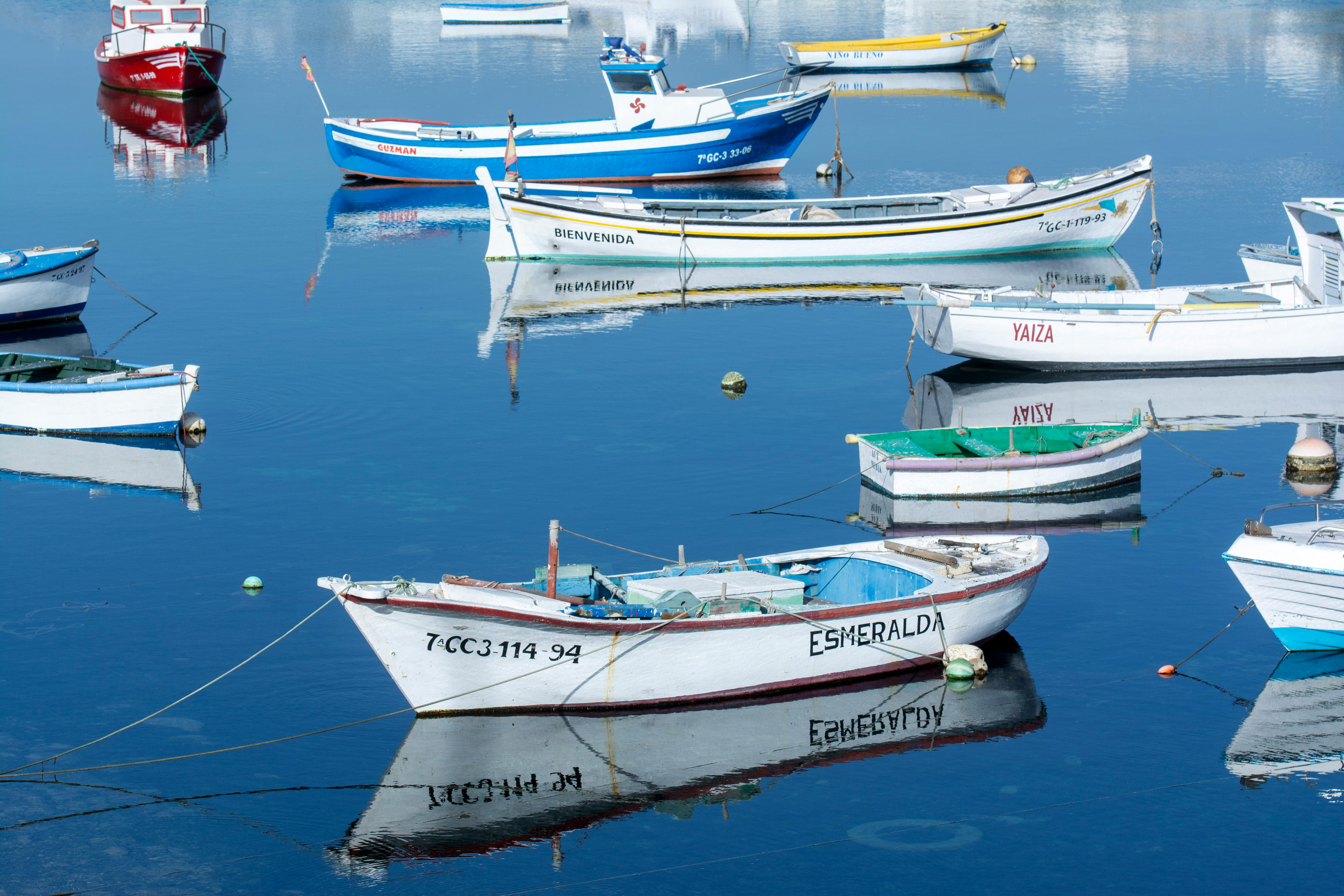
There is also the theory that in the past, men were the sole controllers of vessels and they viewed their relationship with the ship as personal and therefore thought of it as female. A slightly outdated way of thinking? Perhaps this is why the practice is on the wane.
There is also a slightly more factual argument and that is because the Latin word for ship is navis and this world is of the female gender, the thinking was that ships were feminine.
Other interesting facts about ships names
Some ships have not one name but two. There will be a name displayed on the hull of the vessel and another that is stated in legal documents.
Ships can also change names. Despite the old belief that this is actually bad luck (there are a lot of nautical superstitions attached to vessels, sailors and life at sea!) if a vessel changes ownership, usually the new owner will change the name.
Finally you can also find the name of a vessel in a few different places on the actual ship. When a ship is built, the name will need to be displayed on both sides of the bow - i.e. port side and starboard side as well as on the superstructure - the large building that is on the main deck of the ship.
The IMO also mandates that the name (as well as the vessel’s IMO number and the home port are also printed on the stern in lettering that is a minimum of four inches tall.
And that’s it. We hope you’ve found this blog post about how to name a ship useful. What would you name a ship or boat if you had the opportunity? Why not let us know on our Facebook or Twitter pages?!

Eve Church
Eve is Martide's content writer, publishing regular posts on everything from our maritime recruitment and crew planning software to life at sea. Eve has been writing professionally for more than two decades, crafting everything from SEO-focused blog posts and website landing pages to magazine articles and corporate whitepapers.
UK
